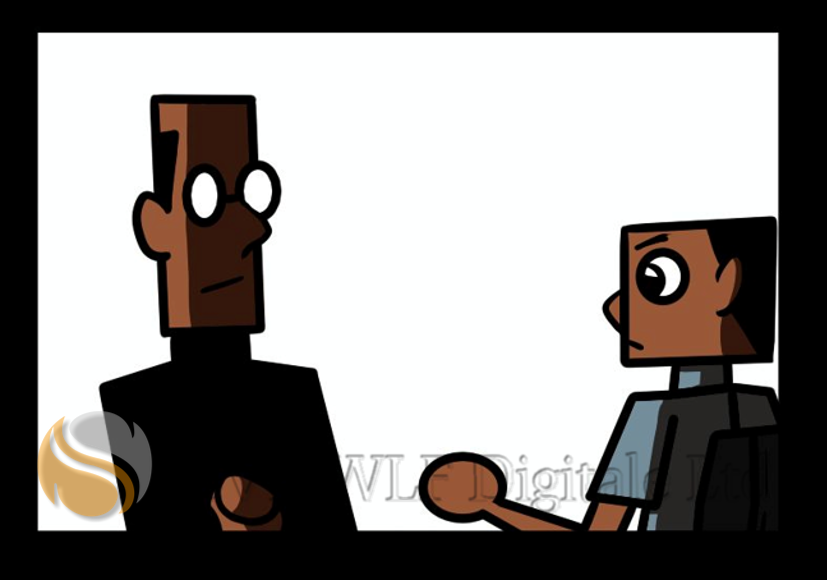Government agencies in Nigeria embrace social media to interact with other agencies, address issues raised by members of the public and educate people. Though some agencies are more interactive than others, for many, social media handles are a one-way channel. They inform the people and then passively receive their feedback that they may or may not act on. For them, social media is like a phone-in radio or TV show, only that the caller can only hear their own voices echoing back at them at the other end of the line.
These days, some government agencies simply lock the reply section of their social media accounts, showing that they are more interested in the ‘media’ than in the ‘social’.
Are Some Government Agencies Missing Out on Social Media Interaction?
It is not social media if you do not have interactive conversations between both parties. Also, one thing that separates social media responses from other media is the immediacy of the interaction.
However, not all agencies are equal and not all handles should be interactive. Ideally, depending on the size, a ministry might have various departments or agencies under it. So, while the parent ministry can maintain a non-interactive handle, it can have a ‘customer care’ handle to receive complaints or questions from the public and provide prompt responses. An excellent example of this setup is the Oyo State Government’s @FeedbackOYSG handle on Twitter which works differently from the Oyo State Government handle. This is generally a carryover from the private sector practice where the parent company provides information and limited interaction. Whereas, the company has an interactive customer service handle where they give feedback to customers.
Why Government Agencies Need Interactive Social Media Handles
Government agencies are generally seen in the light of bureaucracy. Most Nigerians would do anything in their power to avoid having any interactions with government parastatals because it is usually a time-wasting venture. If you have had cause to visit most Nigerian agencies for something as little as making an enquiry, you may be kept waiting for hours. So, an interactive account on social media means citizens can simply make their enquiries and save themselves the journey.
Having an interactive handle online also helps to build trust between citizens and the government. Remember, a government that does not believe in openness and transparency will be unwilling to provide such a service to the public. So, having such a handle indicates a show of goodwill on the part of the government. Such goodwill is rewarded with trust.
Most importantly, the reason for the existence of government is to serve the interests of the people. And so, the authorities should be interested in actions that will make this service easier on everyone. Having a social media account is one of the best ways to bring government closer to the millions of Nigerians who access the internet.
Why Government Agencies Limit or Ignore Social Media
Despite all the advantages of having an interactive social media account, many government agencies shy away from doing so. Some who attempt to, start off well, but after a while, they either lose focus or are forced by the citizens’ incessant complaints to close shop.
Social media is sometimes a very volatile environment. The existence of online bullies and trolls, especially in a politically fractured environment like Nigeria, makes it difficult to have civil engagements. But it is not an impossible task. Aside from the Oyo State Government Feedback Service, a few other agencies have managed to provide interactive services to Nigerians through social media. For example, the Nigeria Police Force Complaint Response Unit.
Given the importance of social media to government agencies in communicating and building goodwill, what are some practical actions that agencies can take?
Social Media Communication Action Plan
- Communicate clearly: Check the meaning of words. You are not just talking to Nigerians. International media will pick up your messages and interpret them using standard English. Be sure that you are using the right words in context.
- Avoid using short forms: It is lazy to use short forms and non-conventional abbreviations in writing. The rule of thumb is to only use abbreviations that can be easily understood. Also, use acronyms only after writing out what they mean the first time they appear.
- Create a social media guide: Your content creation team should understand what your agency does and stands for. What can and cannot be posted and how they are to write posts. You should have a list of words that you can’t use in your posts. They should also be acquainted with the register of your sector.
- Have a creative workflow: This sounds so commonsensical, but you’d be surprised how often this advice is ignored. There should be at least two people in your team that will proofread content before it is posted. It is better to be accused of coming up with a response late than to come up with the wrong answer.
- Admit errors quickly: When you have made a mistake, do not spend valuable time trying to justify your actions. Apologise sincerely and quickly and move on.
- Get help: You may choose to form a team made up of civil servants already in government to save cost. But, most times, they do not really understand how social media works. It is always best to get professionals to train the team and supervise them as they carry out their tasks.
How Slvr Wlf Digitale Helps Government Agencies
Slvr Wlf Digitale Limited has worked with various government agencies to organically grow their social media presence. We also provide interactive content that citizens can connect with. Why not reach out to us and let us show you how your agency can take advantage of social media’s powers to promote citizen engagement.


Pingback: How to set up a Virtual Help Desk Using Social Media in Nigeria | Digital Agency | Ibadan